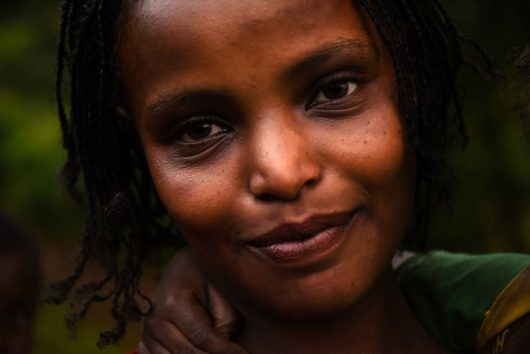US Calls for Aid to the Central African Republic
 Rep. David Cicilline (D–R.I.), a member of the House Foreign Affairs Committee, said critical aid to the Central African Republic (CAR) was necessary after visiting the country with a congressional delegation in August. He stated that the international community “has to think about the long-term implications of abandoning our efforts to stabilize this country.”
Rep. David Cicilline (D–R.I.), a member of the House Foreign Affairs Committee, said critical aid to the Central African Republic (CAR) was necessary after visiting the country with a congressional delegation in August. He stated that the international community “has to think about the long-term implications of abandoning our efforts to stabilize this country.”
Cicilline specifically criticized the 2017 withdrawal of U.S. special operation forces in the African country. Since the withdrawal, members of the Lord’s Resistance Army, a rebel faction in CAR, have continued to attack civilians, particularly in the country’s southeast region.
Since its independence from France in 1960, CAR has experienced near-constant sectarian violence and political instability, usually caused by religious or ethnic conflicts. Its economy, infrastructure and development have suffered as a result.
The Central African Republic ranks last on the U.N. Human Development Index. More than 60 percent of the population lives in poverty, and only 36.8 percent are literate. Preventable diseases, such as malaria and malnutrition, have contributed to an average life expectancy of 52.3 years.
According to Oxfam, 60 percent of CAR is controlled by rebel groups. In fact, the U.S. suspended embassy operations in CAR from December 2012 to September 2014 due to violence spurred by civil war. This violence also has displaced 600,000 people.
The U.S. has historically provided aid to the Central African Republic. In the past two years, the U.S. spent more than $500 million in humanitarian, development and security assistance to CAR. The U.S. also supported U.N. peace operations in CAR, which sent more than 10,000 peacekeepers to the embattled country.
However, the U.S. recently decreased aid to the Central African Republic. For FY 2017, the U.S. sent $48.6 million in aid to CAR, compared to $64.7 million in FY 2016. USAID also stated their purpose in CAR is to primarily respond to humanitarian crises as opposed to supporting long-term development.
The U.N. mission mandate in CAR ends in November. At that time, the U.N. Security Council can send additional peacekeeping support to the country.
CAR remains a complicated geopolitical issue. Nonetheless, the international community remains committed to providing aid to the Central African Republic to promote stability and development and empower its population to rise out of poverty.
– Sean Newhouse
